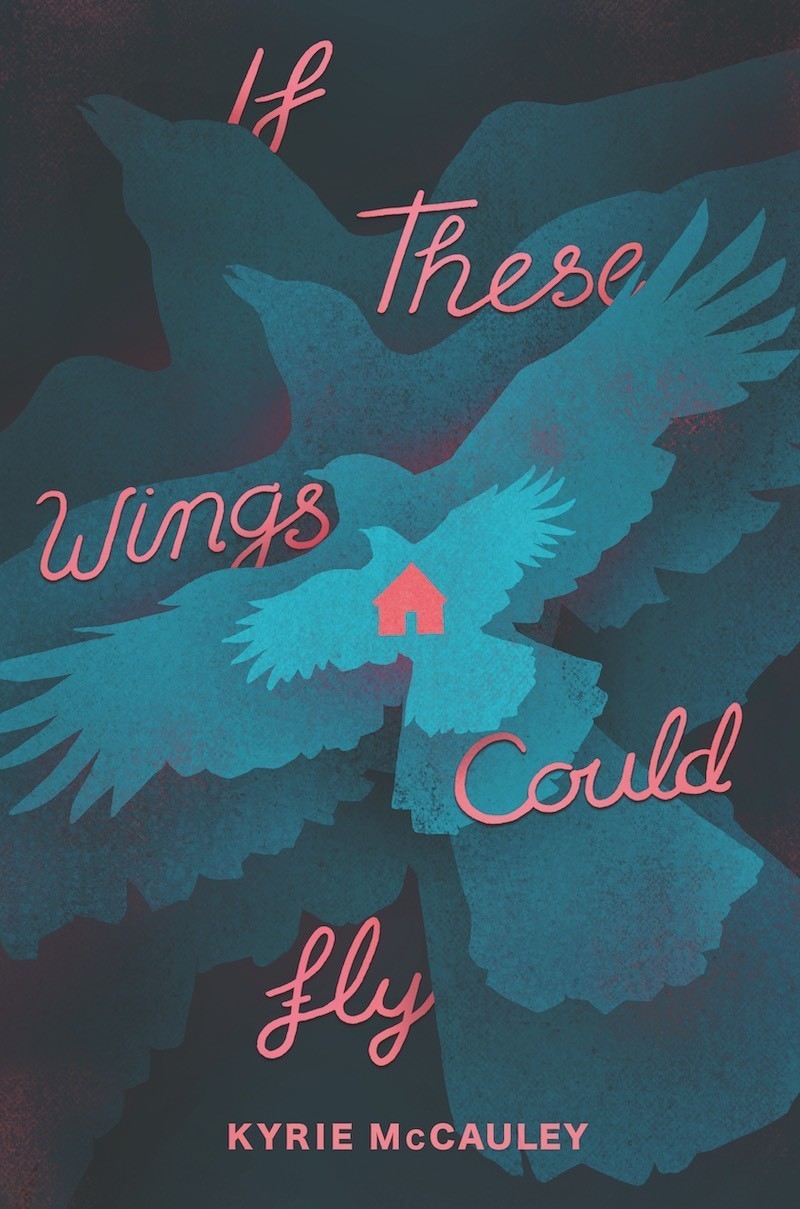Chapter 63
byChapter 63 of If These Wings Could Fly opens with an unsettling scene as the protagonist wakes up early on Christmas Day, disturbed by the loud music of Axl Rose and the raised voices coming from downstairs. Despite the chilling atmosphere, the protagonist hesitantly moves toward their sisters’ room and finds them huddled together, visibly frightened by the sounds of the argument downstairs. This moment of fear sets the stage for the chaotic events that follow, as the protagonist listens carefully, piecing together the situation—an angry father searching for his lost cell phone. The tension between them all is thick and palpable, and the protagonist’s unease intensifies when they make their way toward the window to see what’s happening outside, but then decides to act. Using a screw from Liam’s windowsill, they attempt to fix the broken lock on their door, feeling the heavy weight of the uncertainty and fear around them. Despite the nerves creeping in, the protagonist pushes through the fear and finally opens the door to join their mother and face the increasingly volatile situation in the kitchen, preparing for the inevitable confrontation with their father.
The father, visibly enraged, is holding a copy of the Auburn Gazette, where the protagonist’s essay, written with the intent of healing familial wounds, has been published anonymously. Although the essay was meant to provide insight and offer a constructive way forward for the family, their father interprets it as an attack on his authority and their family’s reputation. His anger is directed squarely at the protagonist, as he accuses them of ruining their lives by airing their personal struggles in public. The father’s inability to see the essay as a means to fix what is broken deepens the rift, and his frustration only grows, further escalating the situation. With each passing moment, the daughters find themselves more and more caught in the crossfire of their father’s rage. The growing tension makes it clear that this is no longer a simple family dispute, but a much larger threat to their safety. As their father’s fury turns physical, assaulting their mother in a violent outburst, the protagonist is pushed to intervene in a desperate attempt to stop the violence. The act of stepping forward is one fueled by the instinct to protect, yet it only adds to the chaos of the moment as the family fights to defend themselves from their father’s aggression.
As the chapter intensifies, the situation becomes increasingly fraught, with the protagonist realizing the full extent of their vulnerability. The violence, unpredictability, and desperation leave them feeling small and powerless, and the weight of their powerlessness is overwhelming. Just as it seems that there is no hope left, an unexpected and seemingly trivial event occurs: their father’s lost cell phone falls onto the windowsill. This seemingly insignificant occurrence serves as a symbol of hope—an opening, a chance to escape or communicate and potentially seek help in a moment of desperation. The falling phone, almost imperceptible amidst the chaos, represents a flicker of possibility in an otherwise hopeless situation. For the protagonist, it offers a brief respite, an unexpected chance to find a way out of the tension and fear that has gripped them for so long. The chapter concludes with a poignant sense of fragile hope as the protagonist realizes that, while the situation remains dire, there is a way forward, even if it is uncertain. This brief moment hints that change might be possible, despite the chaos, offering a potential escape from the violence that has defined their family life up to this point. The chapter captures the raw emotion of family trauma, highlighting the desperate struggle for safety and the profound instinct to protect loved ones against overwhelming odds.

